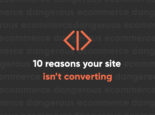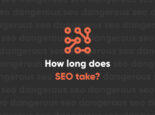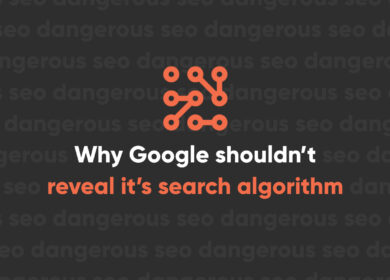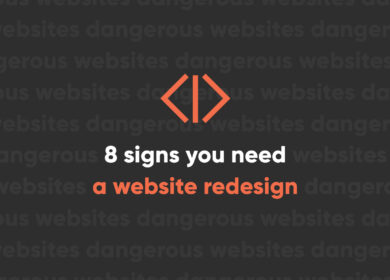
Should I Search for Myself on Google? Internet Marketing Mysteries
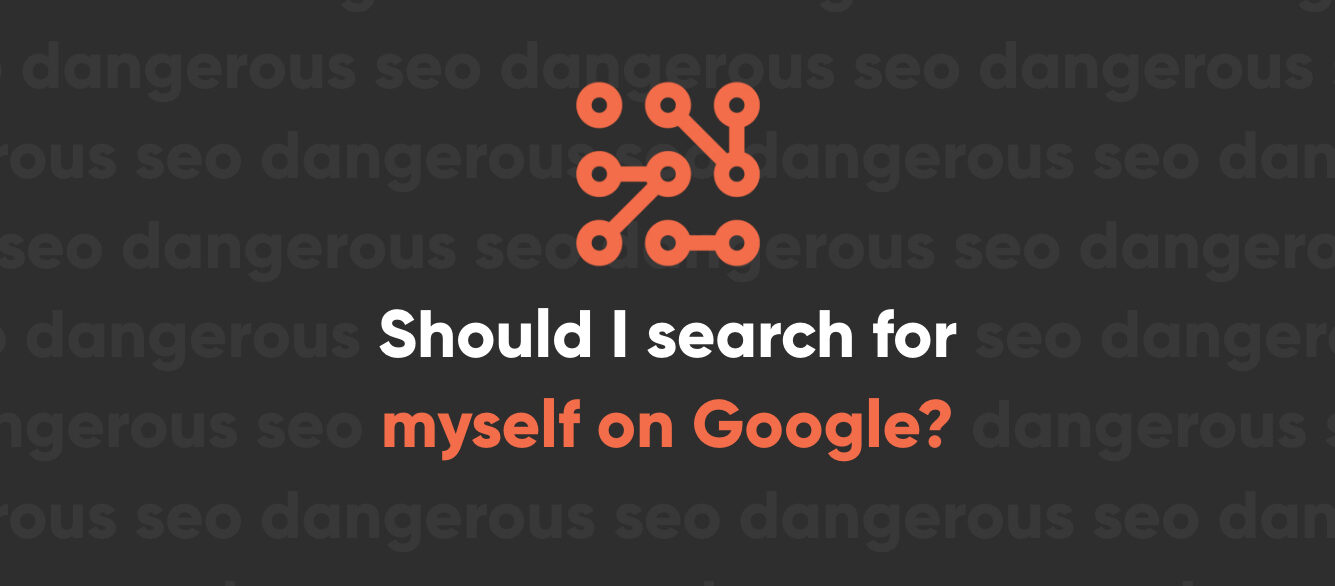
Are you trying to find yourself? If it’s soul searching, then great. Keep it up. But if it’s Googling your business, that’s not such a noble (or productive) pursuit.
Searching for your business on Google isn’t the equivalent of trying to figure out your place in the world. It’s more like stalking yourself, and it isn’t good for you.
Yet many website owners and marketers spend a good chunk of their time every month looking to see where they rank in search. If you’re guilty of this type of self-searching, you need to stop now.
A Tale of Two Googles
Googling yourself is a topic that needs to be approached in two different realms of search: organic and paid. But before we do that, let’s talk a bit about how search works:
When you do a search on Google, you aren’t just looking for something. You’re also providing Google with feedback. If you click on a result and find what you’re looking for, Google says, "Yes, we are doing a good job. Let’s keep this SERP the same." On the other hand, if you don’t click on any results, or if you engage in some pogo-sticking (click a site, go back to the search results, click a site, go back to the search results, click a…), then Google says, "Wait a minute. These results aren’t helpful. We better shake things up."
In other words, Google wants you to find what you want on the first try. If you don’t, then they aren’t doing their job. If they aren’t doing their job, you will stop using Google. Google really wants you to use Google, so it will do what it takes to keep you coming back.
Searching for Yourself Can Affect Your Organic Rankings
Google (and other search engines) uses quite a few different factors to determine the organic search rankings. One of these factors is your click-through rate (CTR). CTR is a measurement of how often people are clicking to your site versus how often your site appears in search (impressions). Quick example: if your site has 1,000 impressions in a given period and gets 100 clicks, you have a 10% CTR.
If your CTR is high, you’re more likely to appear higher in search results. A high CTR tells Google: "Yes! This site is what people are looking for. Keep showing this site!"
Again, Google wants you to find what you want as quickly as possible. If you have to dig around to the third, fourth, fifth pages of the search results, then Google isn’t doing its job (and you might go look elsewhere).
So what happens when a site’s organic CTR is low?
Well, a page with a low CTR is the equivalent of having a person no one likes at your party. That page is just taking up space in the search results. If no one is clicking on that site (or if people are clicking and then leaving right away), this is telling Google: "Hey, this isn’t helpful. It doesn’t belong here in the search results. Let’s get rid of it."
Now, let’s go back to searching for yourself. Every time you conduct a search for yourself, you are affecting your CTR. This is particularly important if you are performing queries that have low search volume. So let’s say you do a search, find your site at the bottom of page one, then close your browser so you can email your SEO company about why you aren’t at the top of page one. You just told Google that the search results didn’t meet your needs. (Translation: "Hey, Google! Stop putting my site in the search results because it isn’t relevant to this query!")
Of course, one search every so often isn’t going to have a major impact. But most people who search for themselves obsess over it (Have we moved up today? Are we still number 1?). They are constantly checking to see where they rank. This type of behavior can certainly hurt you.
Well, why don’t I just search for myself a ton and click on my link every time?
I knew you were thinking that. It sounds reasonable, but it won’t work. Google is excellent at detecting unnatural behavior. If you’re constantly searching for yourself and clicking on your own search results, Google will know (especially if you are logged into your Google account). Or at least it will know not to consider this activity in the search rankings.
There’s another reason not to search for yourself. It’s not a productive use of time. Search results fluctuate from user to user, location to location, even browser to browser. Instead of conducting a search to see where you rank, check out your Search Queries report in Google Webmaster Tools. This will show you (approximately) how often you appear in search and how often you are clicked. You’ll also see your average position. Now, this should be taken with a grain of salt (there are questions about how accurate this data really is). But it’s a much better picture than a single moment of Googling yourself.
Searching for Yourself Can Cost You Money
Okay, so we established that searching for your business can affect your organic rankings. But what does it do for your search ads? If you’re using Google AdWords or Bing Ads, you definitely don’t want to search for yourself. The same CTR principle applies here, with one important difference. If you have a low CTR, then your cost per click will go up. That means you are literally costing yourself money when you search for yourself.
Well then I’ll just click on my ad every time!
Yeah, because that won’t cost you money.
So couldn’t my competitors constantly search for my ads and run up my costs?
Nah. Google won’t let that happen.
The bottom line is that searching for yourself doesn’t help—and it can actually hurt. Resist the temptation to see where you’re ranking today. If you really want to find yourself, there are much better options out there.
This post is part of Internet Marketing Mysteries, a weekly column addressing actual client questions related to SEO, analytics, website best practices, and any other topic connected to internet marketing. Have a question you’d like to see tackled in a future post? Let us know in the comments.

Nate Tower
Nate Tower is the President of Perrill and has over 12 years of marketing and sales experience. During his career in digital marketing, Nate has demonstrated exceptional skills in strategic planning, creative ideation and execution. Nate's academic background includes a B.A. with a double major in English Language and Literature, Secondary Education, and a minor in Creative Writing from Washington University. He further expanded his expertise by completing the MBA Essentials program at Carlson Executive Education, University of Minnesota.
Nate holds multiple certifications from HubSpot and Google including Sales Hub Enterprise Implementation, Google Analytics for Power Users and Google Analytics 4. His unique blend of creative and analytical skills positions him as a leader in both the marketing and creative worlds. This, coupled with his passion for learning and educating, lends him the ability to make the complex accessible and the perplexing clear.
